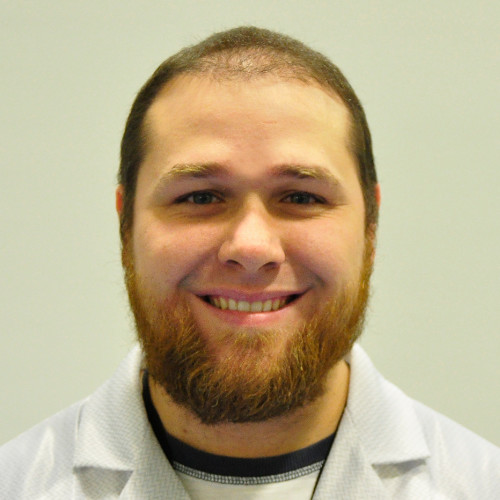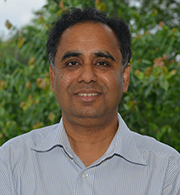Case Studies in the Evolution of FPGA Counterfeiting
Nicholas Williams [SMT Corp]
Wednesday, June 28th - 11:30 am
Abstract:
The recent industry-wide electronics component shortage has resulted in the proliferation of counterfeits of active devices that were unavailable from the Original Component Manufacturer (OCM) or through authorized distributors. These active devices include components such as modern, high-performance FPGAs, microcontrollers, and power management integrated circuits. Due to the lack of availability, end users have been forced to procure these devices from unauthorized distribution channels, increasing the risk of counterfeit components passing through to critical mission systems. FPGAs represent a substantial risk as they are used in critical infrastructure systems in a variety of applications for defense, aerospace, energy, telecommunications, and medical. Furthermore, the relatively high value of FPGAs incentivizes counterfeiters to invest in novel techniques to avoid detection by current mitigation standards. This presentation will focus on several FPGA counterfeit case studies including unique counterfeit mitigation testing methods and how modern counterfeit FPGAs compare to historical counterfeit FPGAs.
Biography:
 Nicholas Williams [SMT Corp]
Nicholas Williams [SMT Corp]
Nicholas Williams is an accomplished Electrical Test Lab Manager at SMT Corp, with extensive experience in managing counterfeit electronics mitigation and component authentication processes. Since joining the company in October 2019, Nicholas has been responsible for overseeing the schedule of customer orders, projects, and electrical test lab employees. Additionally, he has developed novel testing/detection methods for counterfeit and clone electronics, contributing significantly to SMT Corp's success. Before assuming his current position, Nicholas served as a Senior Electrical Engineer for SMT Corp from June 2016 to October 2019. In this role, he tested, screened, and qualified electrical components for U.S. defense and aerospace industries in an electrical test lab. Nicholas also designed PCB test fixtures and wrote software to implement military standard testing for counterfeit electronics mitigation.
Nicholas earned his Doctor of Philosophy (Ph.D.) in Electrical Engineering from the University of Connecticut in 2015. His thesis focused on the efficiency enhancement of micro-thermoelectric generators via scaling and minority carrier extraction. He also holds a Bachelor's Degree in Electrical Engineering from the same university, which he earned in 2010.

Dr. Diganta Das
For more information or questions regarding the technical program (including Professional Development Courses), contact the Conference Chair, Dr. Diganta Das.

Karlie Severinson
For more information or questions regarding event logistics, exhibitions, and sponsorship, contact Karlie Severinson.
Top